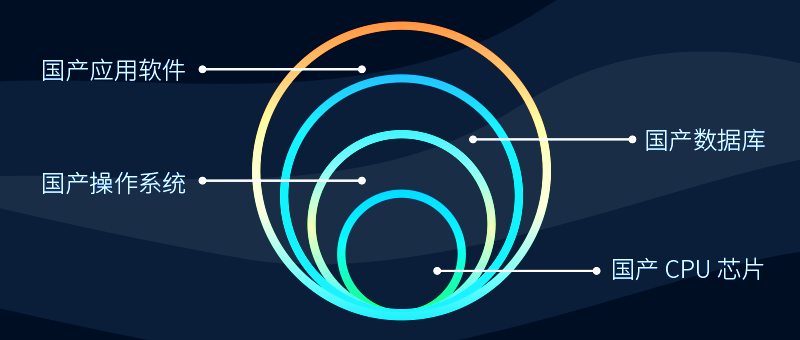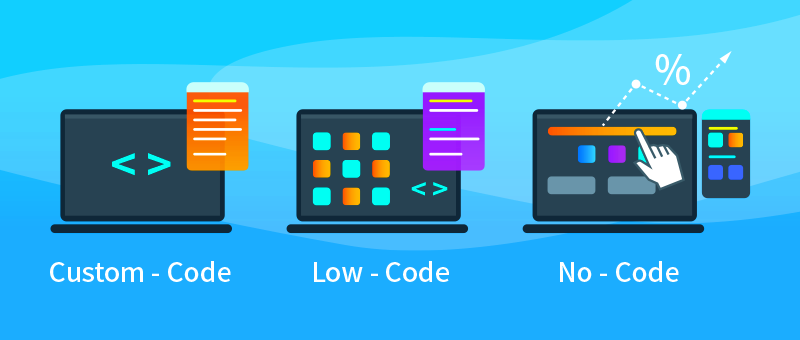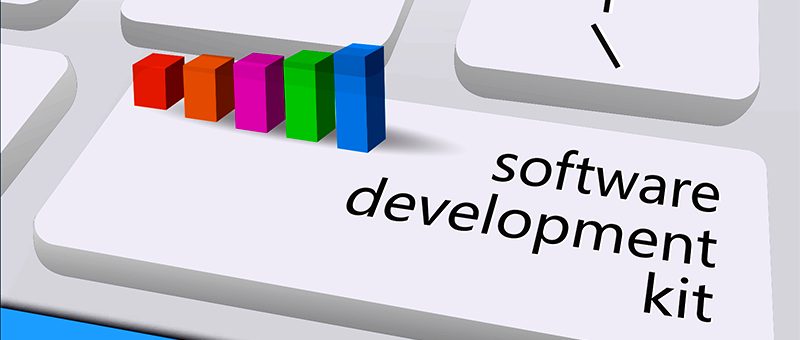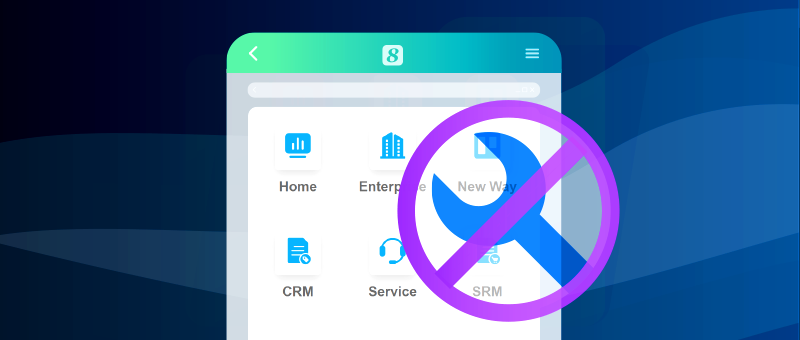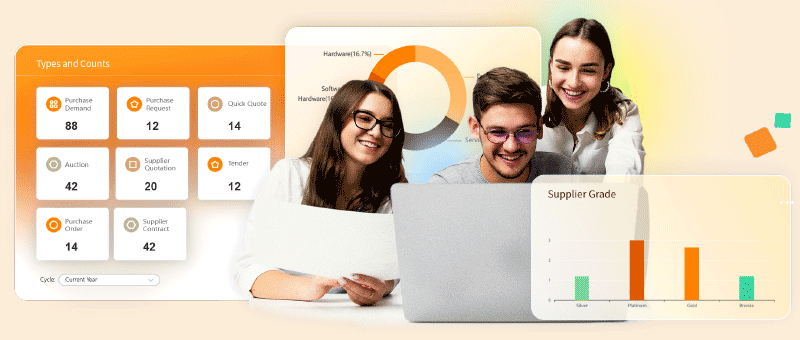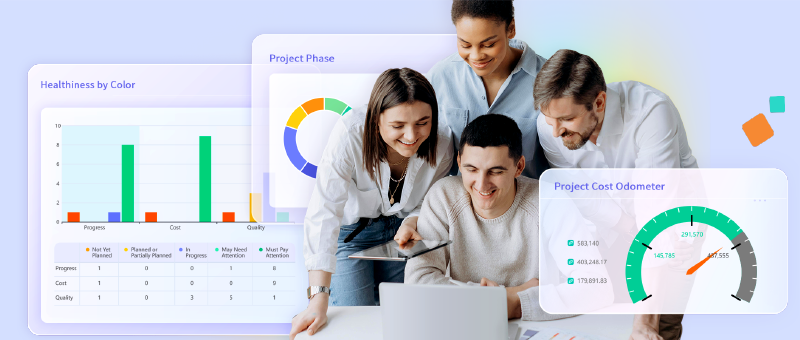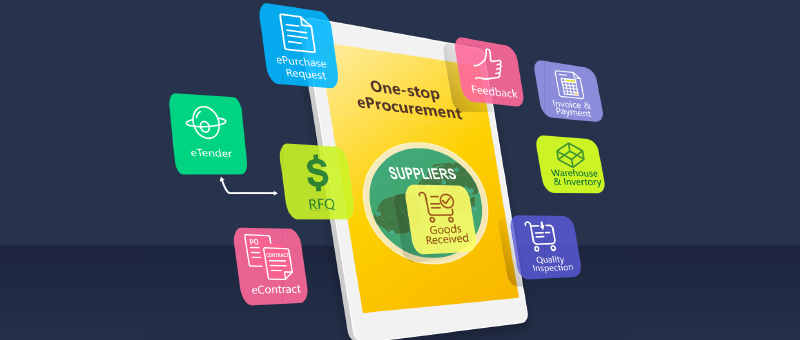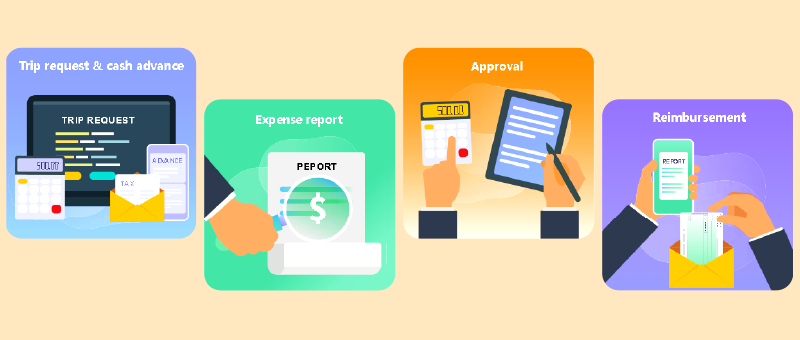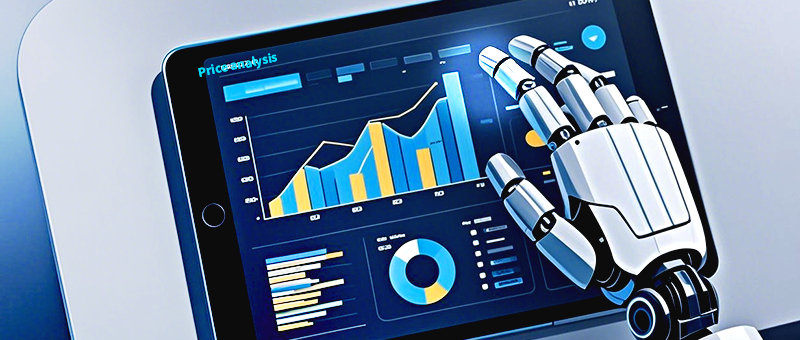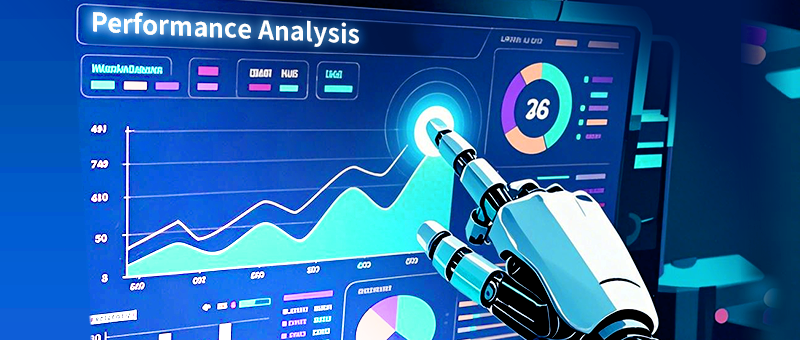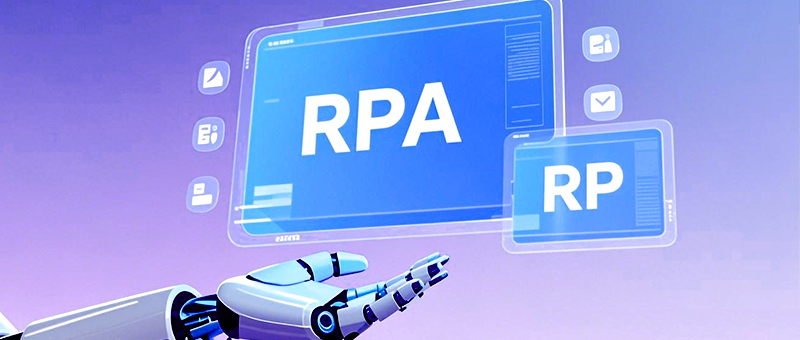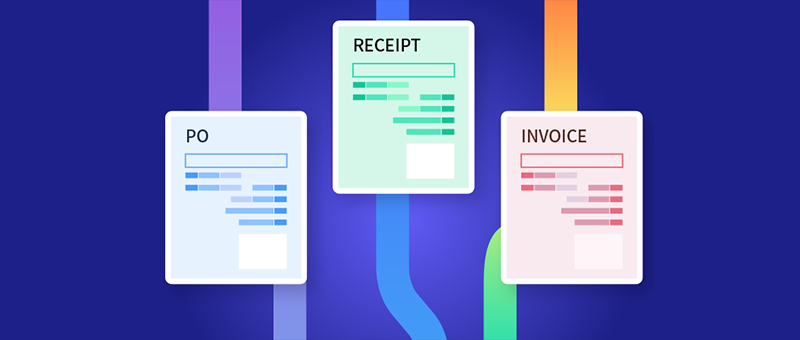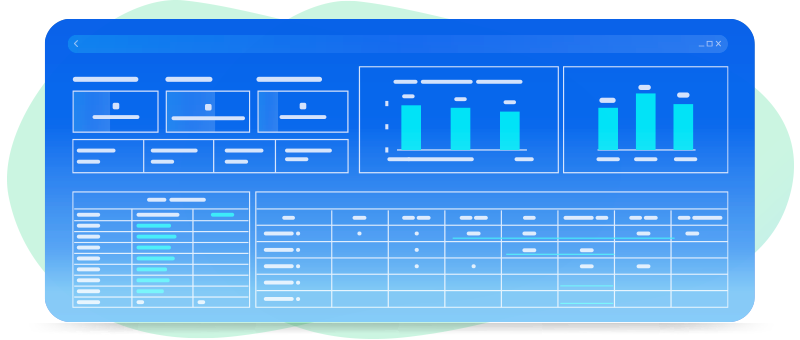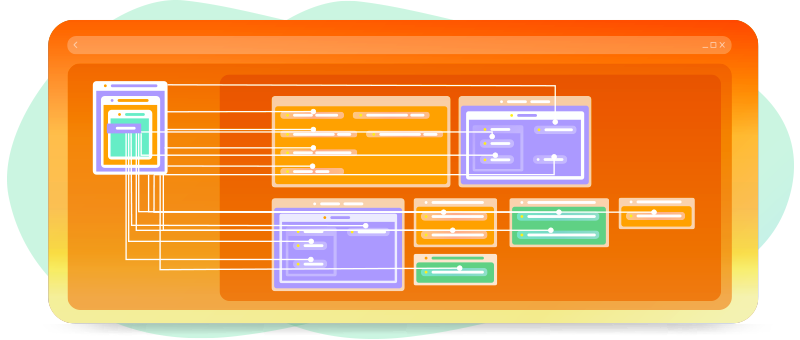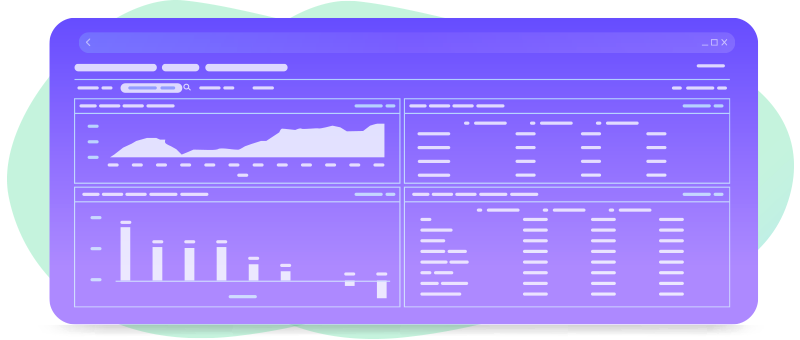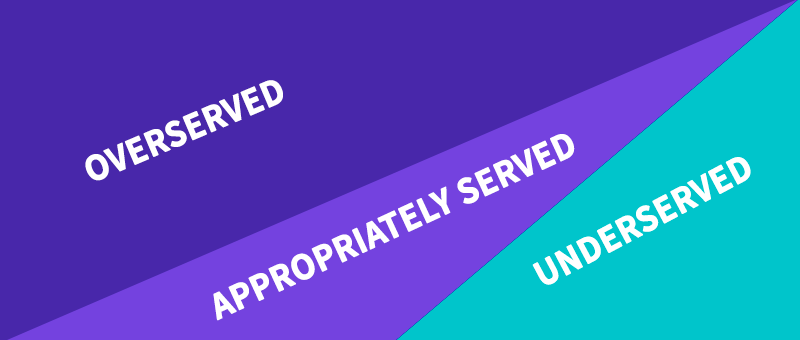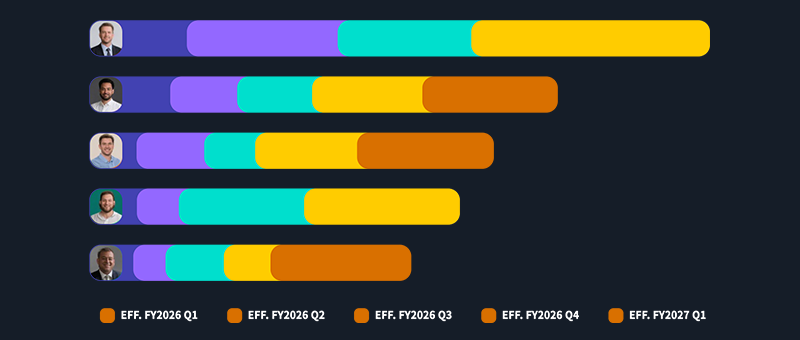Direct vs. Indirect Procurement: Which Matters More?
2024-12-05
In today’s highly competitive business environment, procurement management has become an essential part of enterprise operations. Whether it is direct procurement or indirect procurement, making the right procurement decisions and managing them effectively is critical to improving operational efficiency, reducing costs, and increasing profitability. With the advancement of digital transformation, procurement management systems have become indispensable tools for business managers. In this context, the 8Manage SRM Procurement Management System stands out for its powerful capabilities, helping companies optimize both direct and indirect procurement management. This article will explore the importance of direct and indirect procurement for businesses and explain how the 8Manage SRM Procurement Management System can enhance the management of both.
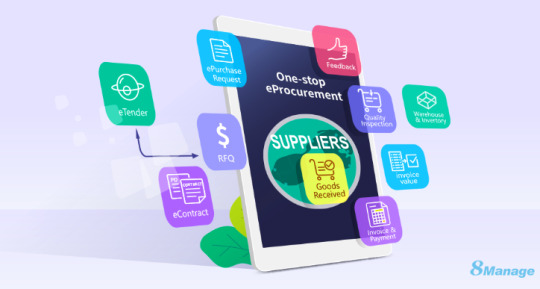
1、Defining Direct and Indirect Procurement
Direct Procurement refers to the purchase of goods and materials that are directly required for producing a company’s core products or services. These materials are integral to the company’s main business and production processes. Examples include raw materials, semi-finished goods, and machinery in manufacturing industries.Indirect Procurement, on the other hand, refers to the purchase of non-production-related goods and services needed for the company’s day-to-day operations. These might include office equipment, IT systems, cleaning supplies, and travel expenses. While these purchases do not directly affect product production, they are essential for maintaining business operations.
2、Comparing Direct and Indirect Procurement
1. Procurement Objectives
The primary goal of direct procurement is to ensure that materials required for production are supplied on time and in the right quantities, preventing production downtime. In contrast, indirect procurement focuses on ensuring that the company’s infrastructure and services are in place to support day-to-day business operations. Although indirect procurement does not directly impact production, its efficiency plays a crucial role in the overall operational efficiency of the company.2. Complexity of the Procurement Process
Direct procurement typically involves deeper collaboration and management within the supply chain. It involves large order volumes, frequent purchases, and often requires long-term relationships with multiple suppliers. As such, direct procurement is relatively complex, requiring precise demand forecasting, supplier performance monitoring, and effective management.In comparison, indirect procurement is generally less complex. It mainly involves short-term purchases and less frequent interaction with suppliers. However, it still requires strict management, especially in areas like budget control and supplier evaluation.
3. Cost Control
Direct procurement plays a critical role in controlling a company’s costs, as it directly impacts product cost and, by extension, market competitiveness. By optimizing supplier selection, procurement methods, and negotiation tactics, businesses can effectively reduce the cost of direct procurement.Although indirect procurement has a less direct impact on product cost, it often involves numerous small and repetitive purchases, which can lead to inefficiencies if not properly managed. The 8Manage Procurement Management System helps automate these processes, reducing hidden costs and unnecessary expenditures.
3、Benefits of the 8Manage Procurement Management System
Whether managing direct procurement or indirect procurement, using an effective procurement management system can bring significant benefits to an enterprise. As a professional procurement software, the 8Manage Procurement Management System offers a wide range of features that help businesses improve procurement efficiency, optimize cost management, and ensure compliance.1. Centralized Data Management
The 8Manage Procurement Management System allows all procurement data to be centrally managed, providing real-time updates on procurement progress and supplier performance. This helps businesses have a clear view of each procurement process, whether it’s direct procurement for raw materials or indirect procurement for office supplies. With everything in one place, businesses can monitor and analyze the entire procurement process efficiently.2. Improved Procurement Efficiency
By automating procurement workflows and managing tasks through the system, 8Manage SRM significantly increases procurement efficiency. This is especially helpful for managing indirect procurement, which often involves a large number of low-value, high-frequency purchases. 8Manage SRM can automate approval processes, contract management, and order creation, helping businesses save time and resources, while shortening procurement cycles.3. Cost Optimization
The 8Manage Procurement Management System includes robust data analysis tools that help businesses analyze procurement costs and identify potential savings opportunities. Through supplier performance evaluation, historical data analysis, and market price comparison, the system helps businesses optimize supplier selection and reduce procurement costs. Additionally, the system’s procurement budget management feature helps control the risk of overspending in indirect procurement.4. Compliance Management
The 8Manage SRM system standardizes procurement processes to ensure that company procurement activities comply with both internal and external regulations. The system’s audit functionality records every procurement action and generates detailed reports, ensuring transparency and compliance throughout the procurement process.
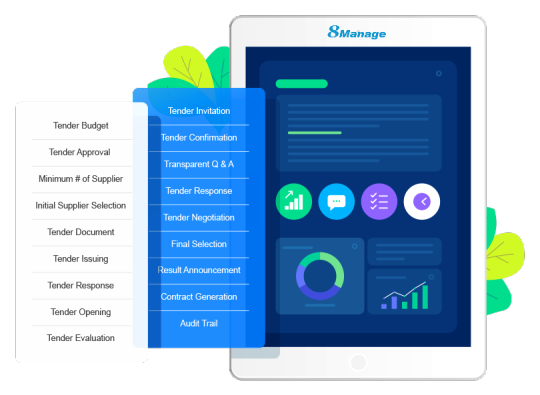
4、Balancing Direct and Indirect Procurement
For businesses, managing both direct and indirect procurement effectively is equally important. Achieving the right balance between the two is key to improving procurement efficiency and controlling costs. Using a procurement management system can help businesses strike a good balance.1. Optimizing Procurement Processes
Procurement management systems can optimize the overall procurement process for both direct and indirect procurement, minimizing unnecessary steps and repetitive tasks. The system can automatically recommend the most appropriate procurement method based on the company’s needs and provide automated approval workflows, ensuring that both types of procurement are seamlessly integrated.2. Data-Driven Decision Making
With intelligent data analysis, procurement management systems help businesses accurately forecast procurement needs and develop appropriate procurement plans. Whether it’s for the precise needs of production materials or estimating the requirements for office supplies, companies can rely on real-time, accurate data from the system to ensure precise execution of procurement plans.3. Supplier Management
8Manage provides comprehensive supplier management functions that allow businesses to evaluate and manage both direct and indirect procurement suppliers effectively. The system regularly evaluates suppliers based on critical factors like delivery performance, product quality, and service responsiveness, helping businesses choose the best suppliers and minimize supply chain risks.FAQs
Q1: What’s the difference between direct and indirect procurement?
Direct procurement refers to the purchase of raw materials, equipment, and goods necessary for production, which directly impacts product manufacturing. Indirect procurement involves purchasing non-production-related goods, such as office supplies or maintenance services, that support day-to-day business operations.Q2: How does a procurement management system help reduce costs for businesses?
A procurement management system automates procurement processes, optimizes supplier management, and provides data analysis to help businesses reduce duplicate purchases, avoid overstocking, and improve procurement efficiency, ultimately controlling costs more effectively.Q3: How can businesses balance direct and indirect procurement management?
Businesses can optimize both types of procurement processes using a procurement management system. By utilizing data analysis, companies can accurately predict procurement needs, avoid resource waste, and manage suppliers to ensure both types of procurement are carried out on time and as needed.In conclusion, by implementing effective procurement management and using the 8Manage Procurement Management System, companies can optimize both direct and indirect procurement. This not only improves procurement efficiency but also ensures better cost control and overall operational effectiveness.



Top 5 Software Project Management Tools to Try in 2025







